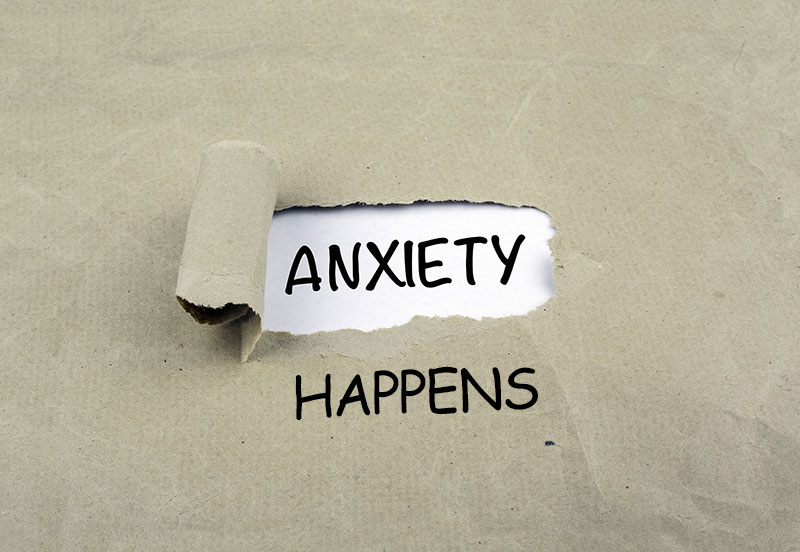
Click here for common signs of anxiety.
When anxiety becomes persistent and excessive (out-of-proportion to the situation) or interferes with your daily functioning, you may have an anxiety disorder or OCD.
Types of Anxiety Disorders
- Separation Anxiety Disorder
- Selective Mutism
- Specific Phobia
- Social Anxiety Disorder (Social Phobia)
- Panic Disorder
- Agoraphobia
- Posttraumatic Stress Disorder
- Illness Anxiety Disorder
- Generalized Anxiety Disorder
Click here for interesting anxiety disorder facts.
OCD
OCD used to fall under the umbrella of an anxiety disorder, but in the last diagnostic manual (DSM-V) it received its own chapter.
Click here for interesting OCD facts.
Arriving at a Diagnosis
Diagnosing an anxiety disorder or OCD can be tricky business. So, of course, seeking out the expertise of a trained mental health professional (preferably an anxiety disorder and OCD specialist, if they can be found in your area) is the best way to have a good assessment completed.
Similarly, you run risks when you self-diagnose your car when it is not running optimally. Unless you have training in car mechanics, you’d want to take it to a mechanic.
That said, it does not hurt to check out some reputable websites to read about specific anxiety disorders and types of OCD to see if something seems like it might fit with your experience.
Some places to look at on the web include:
- The Anxiety and Depression Association of America
- The International Obsessive-Compulsive Foundation
- Coastal Center for Anxiety Treatment
For the ultimate guide to clinical diagnosis there is the Diagnostic and Statistical Manual of Mental Disorders, 5th Edition (DSM-V)
Now, for the way too simplified, ultimate low-tech, not to be taken too seriously, diagnostic rule-of-thumb for anxiety disorders and OCD:
All anxiety disorders and OCD are phobias (intense irrational fears). The question to ask yourself is, “What am I afraid of that causes clinically significant distress or impairment?”
For example:
Social Anxiety Disorder (AKA Social Phobia)
- The phobia is of rejection
Generalized Anxiety Disorder (GAD)
- The phobia is of uncertainty
Posttraumatic Stress Disorder (PTSD)
- The phobia is of memories of and triggers related to the trauma
Specific Phobias
- The phobia is of danger in the face of a specific trigger
Obsessive-Compulsive Disorder (OCD)
- The phobia is related to the target of the obsessive thought or the obsessive thought itself
Panic Disorder
- The phobia is of panic attacks
Agoraphobia
- The phobia is of leaving one’s “comfort zones” and being somewhere where a panic attack may happen (often occurs in people with Panic Disorder)
Separation Anxiety Disorder
- The phobia is of being separated from a major attachment figure (such as a parent or, in the case of some adults, a spouse)